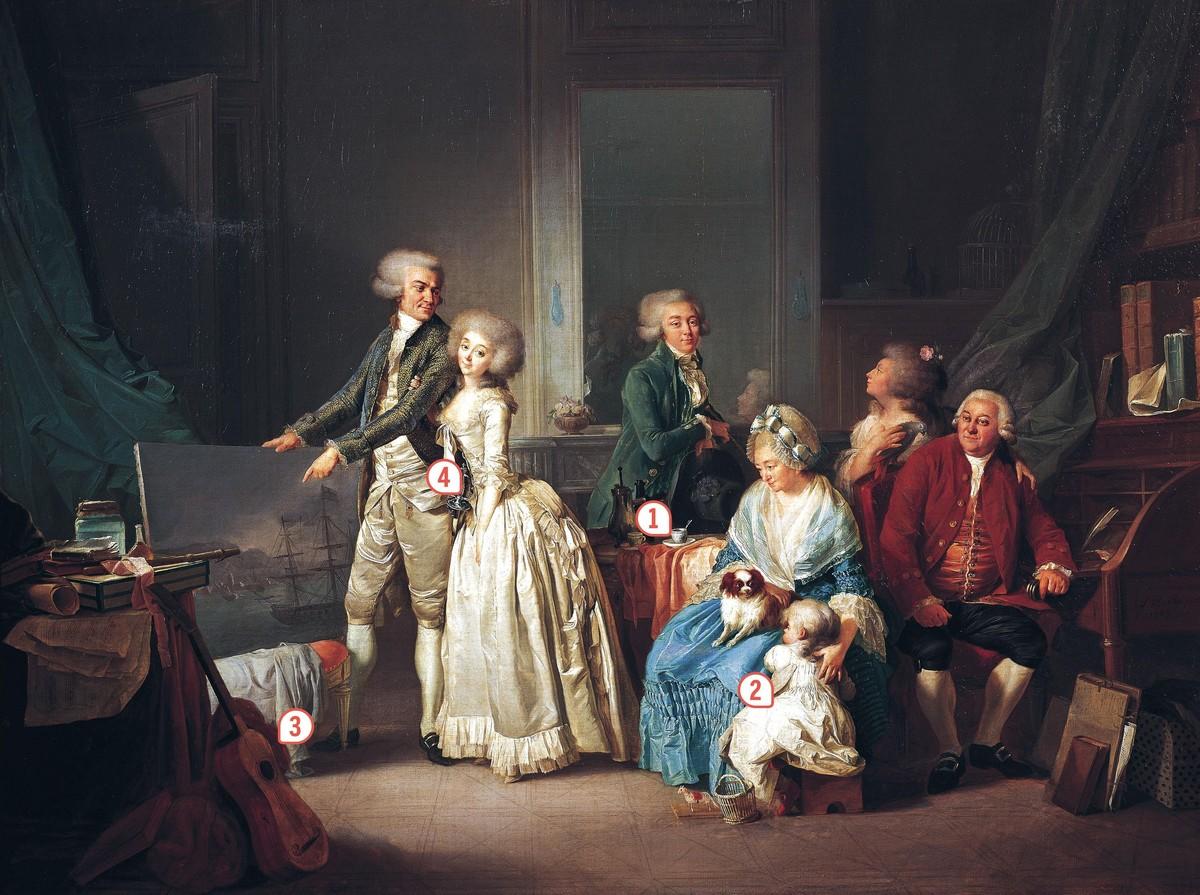Have you ever wondered about the seemingly invisible forces that shape our world? Our social structures, economic systems, and even our personal aspirations are often influenced by the complex dynamics of class. One such class, with a rich history and a profound impact on society, is the bourgeoisie. This article delves into the fascinating world of bourgeoisie sociology, exploring its origins, its influence on the modern world, and its ongoing evolution.

Image: www.lelivrescolaire.fr
The term “bourgeoisie” conjures images of opulent lifestyles, lavish mansions, and a privileged elite. While these images hold some truth, the bourgeoisie represents much more than just wealth. It embodies a specific social and economic class that emerged during the Middle Ages, fueled by the rise of trade and commerce. Their influence extended beyond mere material wealth, shaping ideologies, cultural values, and political systems.
Understanding the Roots of the Bourgeoisie
To understand the bourgeoisie’s intricate role in society, we must trace its origins back to medieval Europe. As feudalism began to decline, a new class of merchants and artisans emerged, known as the “burghers.” They established themselves in towns and cities, engaging in trade and accumulating wealth. These burghers, the seeds of the bourgeoisie, challenged the established social order.
The Industrial Revolution further solidified the bourgeoisie’s position. Technological advancements, coupled with a growing market, allowed them to amass even greater wealth and influence. Factories, mines, and businesses became symbolic of their power, shaping urban landscapes and driving economic growth.
The Bourgeois Ideology and Its Impact
Beyond material wealth, the bourgeoisie held distinct ideologies that shaped the modern world. They championed individual liberty, free markets, and the pursuit of wealth. These ideas had a profound impact on political thought, influencing the rise of liberalism, capitalism, and democratic values. They believed in meritocracy, where success was determined by individual effort rather than birthright.
One of the most significant contributions of the bourgeoisie was the development of the concept of “Modernity.” This ideology embraced rationality, scientific inquiry, and progress, replacing traditional religious and feudal values. The rise of modern institutions, such as the nation-state, secular education, and the modern family, can be attributed in part to the bourgeoisie’s influence.
The Rise and Fall of the Bourgeoisie: A Historical Perspective
The 19th and 20th centuries witnessed both the peak of bourgeois power and its gradual decline. The bourgeoisie, as a dominant class, faced constant challenges from various social groups, including the working class, the peasantry, and the growing middle class. The rise of socialist ideologies, the development of labor movements, and the growing awareness of social injustices all contributed to the erosion of the bourgeoisie’s dominance.
The Great Depression of the 1930s further challenged the bourgeois worldview. Capitalism’s vulnerability to economic crises, coupled with the rise of fascist and communist movements, created a climate of uncertainty and social unrest. This period marked a turning point, as the bourgeoisie’s power and prestige began to wane.

Image: medium.com
The Contemporary Bourgeoisie: Evolution and the Rise of the New Elite
In today’s world, the term “bourgeoisie” is often used synonymously with the “upper class,” but its meaning has evolved significantly. While traditional economic indicators of wealth remain important, the bourgeoisie has become more diversified and complex.
The rise of the “new elite”—professionals, tech moguls, and media influencers—has added a new layer to the bourgeois class. They hold substantial power and influence, shaping cultural trends, defining social norms, and wielding economic control. Their wealth often stems from intellectual capital, innovation, and the ability to navigate the global economy.
Understanding the Role of the Bourgeoisie in a Changing World
While the bourgeoisie may not hold the same dominant position as it once did, its influence remains significant. The values and ideologies it championed continue to shape global politics, economic systems, and social structures. Understanding the bourgeoisie’s history, its impact on modern society, and its evolution is crucial for navigating the complexities of the 21st century.
Expert Insights:
- Professor David Harvey, of The Graduate Center, CUNY, emphasizes the importance of analyzing the bourgeoisie’s changing relationship with the state and its role in shaping global capitalism.
- Dr. Anne-Marie Slaughter, former director of the Princeton University Center for the Study of Democratic Institutions, highlights the evolving role of “technocrats” and their influence on the new elite.
Actionable Tips for Understanding the Bourgeoisie
- Engage with contemporary discussions on class and inequality, recognizing the impact of the bourgeoisie on modern social structures.
- Explore the works of notable sociologists, such as Karl Marx, Max Weber, and Pierre Bourdieu, to gain a deeper understanding of class dynamics.
- Critically analyze media portrayals of the bourgeoisie and challenge stereotypes associated with wealth and power.
Bourgeoisie Sociology
Conclusion
The bourgeoisie, a class with a rich history and complex legacy, continues to shape our world. By understanding its origins, ideologies, and evolving role in society, we can better navigate the complex social and economic landscape of the 21st century. It is essential to remain informed and critical, recognizing both the opportunities and challenges presented by the ongoing evolution of the bourgeoisie and its power dynamics.
This exploration of bourgeoisie sociology provides a foundation for a deeper understanding of class, inequality, and the forces that shape our world. Embracing the lessons learned from history and focusing on a more equitable and just society will be crucial for navigating the complexities of the future.






